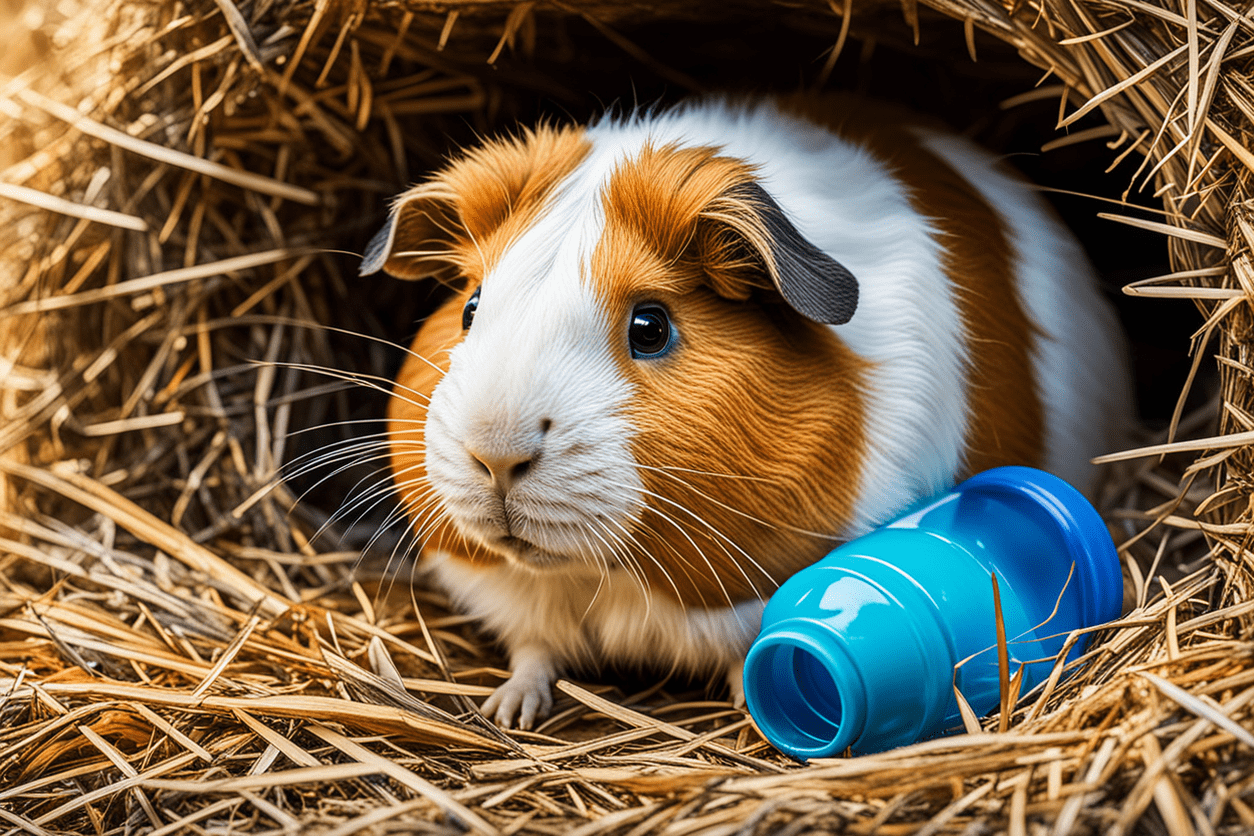Introduction
So, you’ve decided to welcome a guinea pig into your life? Congratulations! These adorable, squeaky little bundles of joy can bring endless happiness and companionship to your home. However, as with any pet, they require specific care to thrive. Whether you’re a first-time guinea pig owner or simply looking to brush up on your knowledge, this guide will help you ensure your pet lives its best life. So grab your notebook and let’s dive into the essentials of guinea pig care!
Housing: Setting Up a Comfortable Home
Cage Size and Type
First things first, your guinea pig needs a spacious cage. The minimum recommended size for one guinea pig is 7.5 square feet, but bigger is always better. A multi-level cage can add more space, but be careful about the height as guinea pigs are not great climbers.
Bedding
Avoid using cedar or pine shavings as they can be harmful due to the oils they release. Opt for paper-based bedding or fleece liners that are both safe and comfortable. Remember, guinea pigs love a clean environment, so change their bedding at least once a week.
Hideouts and Enrichment
Guinea pigs are prey animals and need places to hide to feel safe. Provide them with small houses, tunnels, and plenty of toys to keep them mentally stimulated. Old cardboard boxes or PVC pipes work wonders and are budget-friendly.
Nutrition: Eating for a Healthy Life
Hay, Hay, and More Hay
Hay should make up about 80% of your guinea pig’s diet. Timothy hay is a popular option and is excellent for their digestive system and teeth. Always ensure they’re munching on fresh hay daily.
Fresh Vegetables and Fruits
Leafy greens like romaine lettuce, kale, and spinach are great for your guinea pig. Additionally, you can offer fruits like apples and strawberries as occasional treats. Just avoid citrus fruits, as guinea pigs can’t digest them well.
Pellets
Choose high-quality guinea pig pellets enriched with Vitamin C, a crucial nutrient they cannot produce themselves. Avoid pellets with added seeds and nuts, as they can be hard to digest.
Grooming: Keeping Them Clean and Comfortable
Regular Brushing
Long-haired guinea pigs may require daily brushing to prevent their fur from matting. Short-haired varieties usually do fine with a weekly brush. A soft-bristled brush is usually enough to keep their coat shiny and healthy.
Nail Trimming
Overgrown nails can be painful for guinea pigs and potentially cause serious injuries. Trim their nails every 3-4 weeks with small animal clippers. If you’re unsure how to do it, your vet can show you the ropes during your first visit.
Bathing
Guinea pigs are generally clean animals and rarely require baths. If they do get dirty, a spot clean with a damp cloth is usually enough. However, for the occasional bath, use a guinea pig-safe shampoo and ensure they’re thoroughly dry to prevent chills.
Health and Wellness: Regular Check-ups and Common Issues
Regular Vet Visits
Aim for at least one vet visit per year. A vet skilled in small animals can help you catch health issues early. Make sure to ask questions about their diet, behavior, and any concerns you might have.
Common Health Problems
Keep an eye out for symptoms like sneezing, lethargy, or changes in eating habits. Dental issues are common, so check their teeth regularly. Respiratory infections and mites are also ailments to watch for. Regular check-ups and a clean living environment can help prevent most of these issues.
Socializing: Happy Companions
Understanding Their Social Needs
Guinea pigs are social animals and thrive when they have companionship. Consider getting at least two of the same sex to prevent loneliness and depression. If you’ve only got one, spend ample time interacting with them daily.
Human Interaction
Gentle handling from a young age helps guinea pigs become more comfortable with human interaction. Talk to them softly and offer treats to build trust. Over time, your guinea pig may even enjoy cuddles and lap time with you.
Fun Facts: Getting to Know Your Guinea Pig
Unique Chirps and Purrs
Guinea pigs communicate using various sounds. They squeak, purr, and even make a noise similar to a cat’s purr when content. Learning their sounds will help you understand their needs better.
Personalities
Each guinea pig has a unique personality. Some are outgoing and curious, while others may be shy and reserved. Spend time observing your guinea pig to better understand their behavior and preferences.
Conclusion
Owning a guinea pig can be an immensely rewarding experience. With the right knowledge and preparation, you can provide a safe, happy, and nurturing environment for your new furry friend. Consistent care, love, and attention will ensure a long and healthy life for your guinea pig. You’ve got this!
